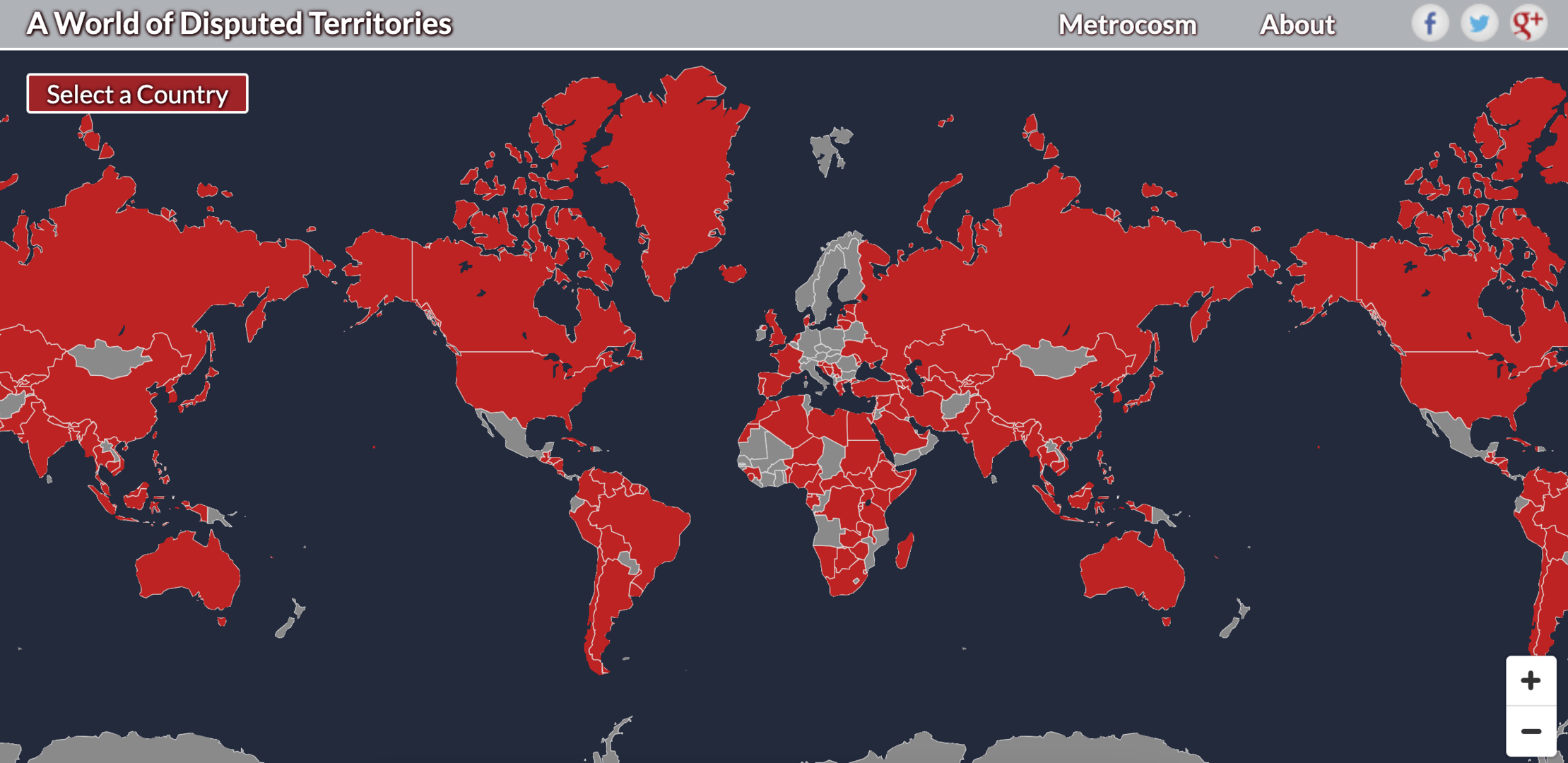Bennett Cohen and Jerry Greenfield, the founders of the eponymous ice cream company, on Wednesday issued a defense of the brand’s well-publicized decision to stop selling its products in the disputed West Bank.
Taking to the opinion pages of the New York Times, the duo justified the Ben & Jerry’s board’s move to ban the sale of products in “Occupied Palestinian territory.” In the piece, “We’re Ben and Jerry. Men of Ice Cream, Men of Principle,” they describe themselves as “supporters of the State of Israel” before qualifying:
In our view, ending the sales of ice cream in the occupied territories is one of the most important decisions the company has made in its 43-year history. It was especially brave of the company. Even though it undoubtedly knew that the response would be swift and powerful, Ben & Jerry’s took the step to align its business and operations with its progressive values.”
But how “brave” is this decision, really?
There are very few countries in the world that are not currently involved in some type of territorial dispute. For example, Ben & Jerry’s seems to have no qualms with operating two ice cream shops in Cyprus. The Mediterranean island, which has been subject to numerous foreign occupations, has been split between Turkey and Greece since being invaded by Turkish forces in 1974. The self-declared Turkish Republic of Northern Cyprus remains only recognized by Turkey itself, but the Vermont ice cream company apparently had no moral objections against opening a branch in Cyprus’ contested and divided capital of Nicosia.
Liked this article? Follow HonestReporting on Twitter, Facebook, Instagram and TikTok to see even more posts and videos debunking news bias and smears, as well as other content explaining what’s really going on in Israel and the region.
New! Skip the social scroll and get the latest from HonestReporting via Telegram.
Ben & Jerry’s also seems to have no problem with its products being distributed in Gibraltar, which is currently at the center of a long-running dispute between the United Kingdom and Spain. The territory was originally Spanish before being captured by British and Dutch forces over 300 years ago. Madrid has refused to recognize British sovereignty over Gibraltar and previously suggested the English-speaking residents of the island are colonial settlers.
There is evidently a staggering lack of consistency in Ben & Jerry’s newfound policy of not selling in “occupied territories.” If the company is truly going to display its brave credentials it should surely pull its products from all regions that are the subject of geopolitical wrangling.

Furthermore, Cohen and Greenfield’s claim the company has been driven by “progressive values” is fairly dubious considering the duo were involved in the sale of Ben & Jerry’s to Unilever. The British multinational has been doing business in numerous authoritarian regimes, such as China and Russia, since before it purchased Ben & Jerry’s in 2000. The supposedly “progressive” Ben & Jerry’s also has yet to denounce China for detaining up to 1.5 million Uyghur Muslims in camps.
The NYT piece continues:
In its statement the company drew a contrast between the democratic territory of Israel and the territories Israel occupies. The decision to halt sales outside Israel’s democratic borders is not a boycott of Israel. The Ben & Jerry’s statement did not endorse the Boycott, Divestment and Sanctions [BDS] movement.”
There is an element of linguistic trickery at work here. It is interesting that Cohen and Greenfield say the company’s statement did not explicitly endorse the highly controversial BDS movement. Indeed, the original announcement of the decision published on its website made no mention of the movement, but the brand has a well-documented history of giving money to those that openly support BDS.
The company has made hefty donations to the Black Lives Matter network, which, in 2016, described Israel as an “apartheid state.” Moreover, in 2017, the Ben & Jerry’s Foundation gave some $80,000 to the Oakland Institute. Of that amount, thousands were earmarked for BADIL, an antisemitic NGO dedicated to destroying Israel through the so-called “right of return.”
Black Lives Matter stands in solidarity with Palestinians. We are a movement committed to ending settler colonialism in all forms and will continue to advocate for Palestinian liberation. ( always have. And always will be ). #freepalestine
— Black Lives Matter (@Blklivesmatter) May 17, 2021
It should also be noted that the Ben & Jerry’s board had wanted to extend their boycott to cover the entirety of Israel. Its chairperson, Anuradha Mittal, claimed that the original statement — that affirmed the company’s commitment to sales in the rest of the Jewish state — was released without her approval. An earlier draft seemingly blacklisted Israel as a whole.
And Mittal, for her part, has personally supported the BDS movement. In 2018, she tweeted her approval for it while referencing the anniversary of Israel’s Declaration of Independence or, as she called it, the “Nakba,” using the Arabic word for “catastrophe.” She is also the founder and executive director of the Oakland Institute.
The catastrophe continues #Nakba70 years later #palestine bleeds
Boycott Divest Sanctions #israel https://t.co/Fy2YAeIqPH pic.twitter.com/el6XxwgJdS— Anuradha Mittal (@Mittaloak) May 16, 2018
Although Cohen and Greenfield no longer own the ice creamery they founded, it is clear that if they still did it would have adopted the same anti-Israel trajectory. Their defense of the decision taken by the company is at best disingenuous, as ending sales in the West Bank unfairly singles out Israel while ignoring all other countries that are engaged in internal and external land disputes..


